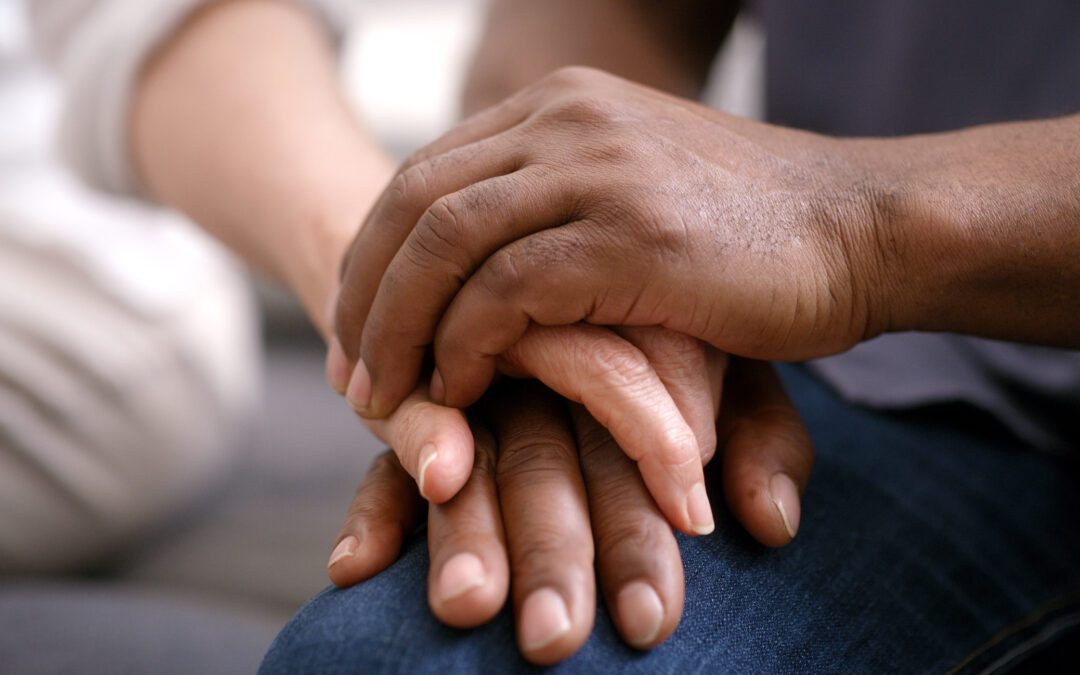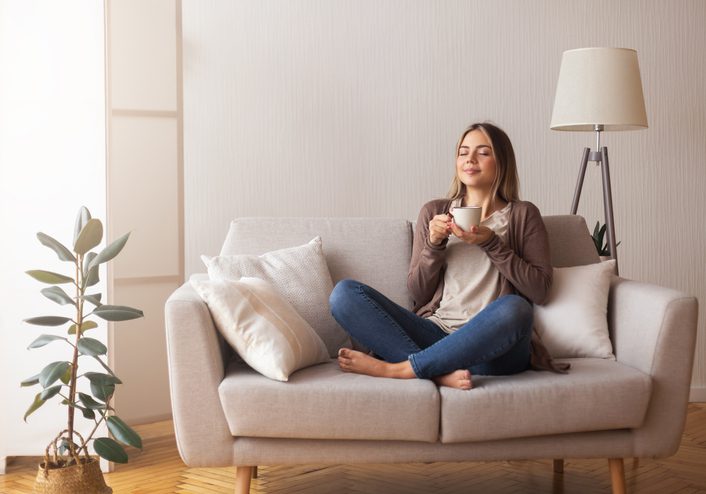
Mar 10, 2025 | Understanding Mental Illness, Wellness
As behavioral health clinicians, you dedicate your lives to helping others navigate their challenges, build resilience, and move toward healing. While clinical expertise, evidence-based practices, and professional boundaries are essential in your work, there is...

Nov 1, 2022 | Tips for Healthy Living, Understanding Mental Illness, Wellness
We know that self-care is important for everyone. But how do you practice self-compassion and personal wellness when you have been through trauma or are trying to help someone through a traumatic life event? In the first part of a two-part series on trauma-specific...

Jun 7, 2021 | Advice for Affiliates, Tips for Healthy Living, Understanding Mental Illness, Wellness
Mental health can and should be a daily practice, taken into consideration more often than “when something is wrong” or when going through a particularly difficult time. Taking care of your mental health is a preventative form of care and by incorporating daily...

May 17, 2021 | Advice for Affiliates
As mental health professionals, you may suggest the importance of self-care to your clients, but do you have a difficult time implementing a practice in your own life? During the last year specifically there’s been an increase in demand for mental health services as...






